Wrightbus, the Northern Irish bus manufacturer owned by JCB heir Jo Bamford, has announced the creation of more than 40 new jobs as it ramps up production of the world’s first hydrogen-fuel-cell double-deckers.
It has made the move in response to the government’s pledge to help fund 4000 new British-built zero-emissions buses over the next five years.
This news follows the recent announcement by Alexander Dennis (ADL), the UK’s biggest bus builder, that it will take over the design and assembly of chassis for its electric buses at its base in Larbert, Scotland. This was previously the responsibility of BYD, its Chinese partner company.
The announcements are a shot in the arm for an industry that’s reeling from a bruising 12 months during which bus passenger numbers plunged as the pandemic took hold.
So many people heeded the message to avoid using public transport that, last April, the government was forced to offer bus companies a £400 million bailout to restore their tattered finances. By November, the figure for England alone had risen to £850m.
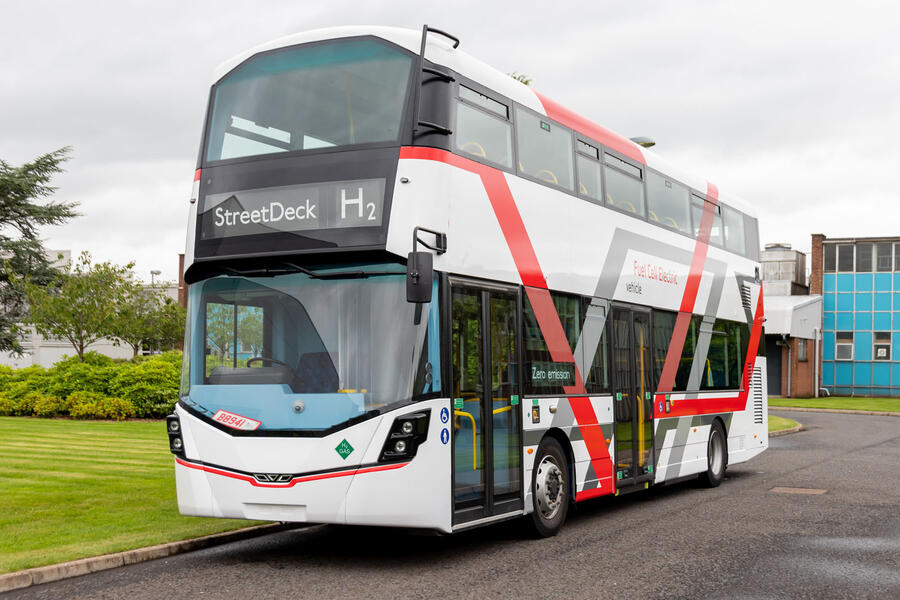
The industry welcomed the support, but it couldn’t prevent a collapse in sales, as the registration figures for the year show (see p15). Between January and September 2020, ADL and Wrightbus experienced respective sales declines of 47% and 52% over the same period in 2019.
It wasn’t supposed to be like this. Following a decade of underinvestment in bus services, transport secretary Grant Shapps announced in September 2019 a £220m package of support for the sector, including the creation of Britain’s first electric-bus-only town (Coventry and Oxford were revealed as the leading contenders last month, with £100m earmarked for 500 zero-carbon buses).
And last February, prime minister Boris Johnson ramped up the rhetoric, vowing to spend £5 billion over the next five years on buses and cycle routes. He also pledged to contribute £120m towards the cost of 4000 new British-built zero-carbon buses.
At the same time, the government announced that it would publish a national bus strategy by the end of the year. This was keenly anticipated by manufacturers, but 2020 came and went with no sign of it.
A spokesman for the Department for Transport told Autocar: “The strategy was delayed as a result of Covid but should be published shortly.”
Some in the industry fear that it and the £5bn pledge have been sidelined by events.

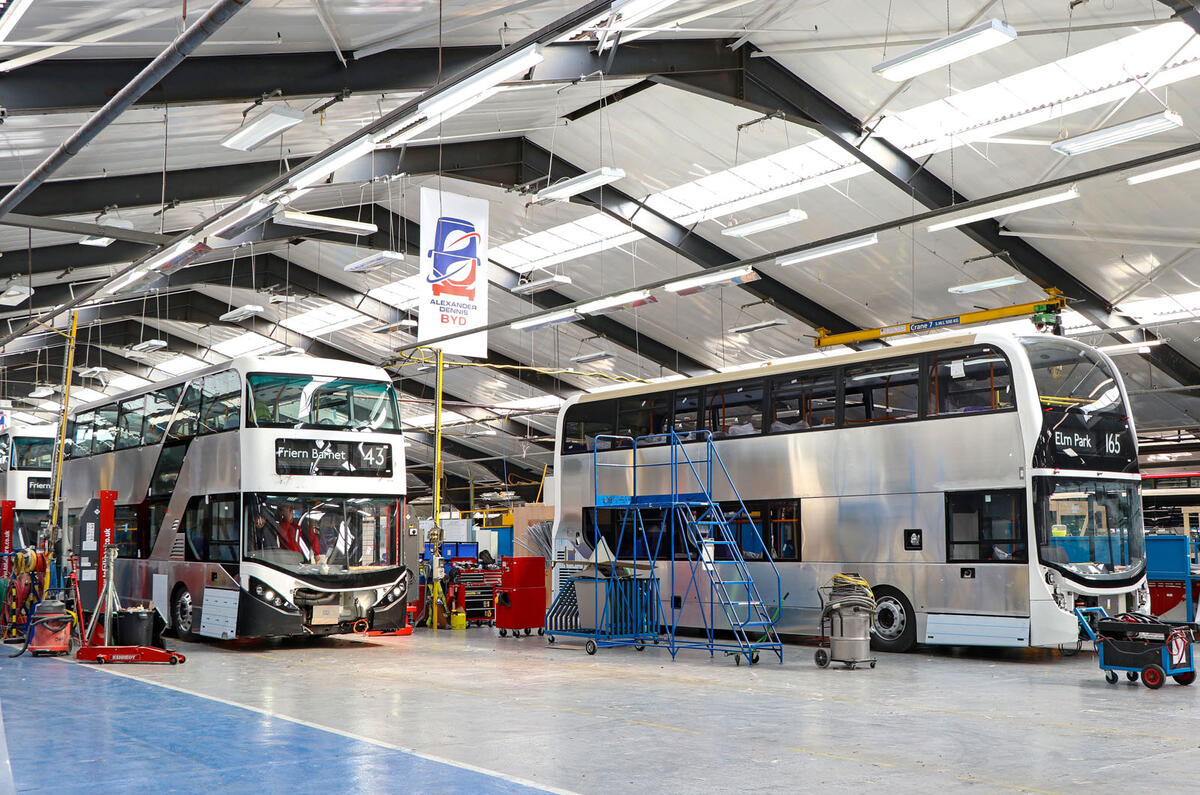
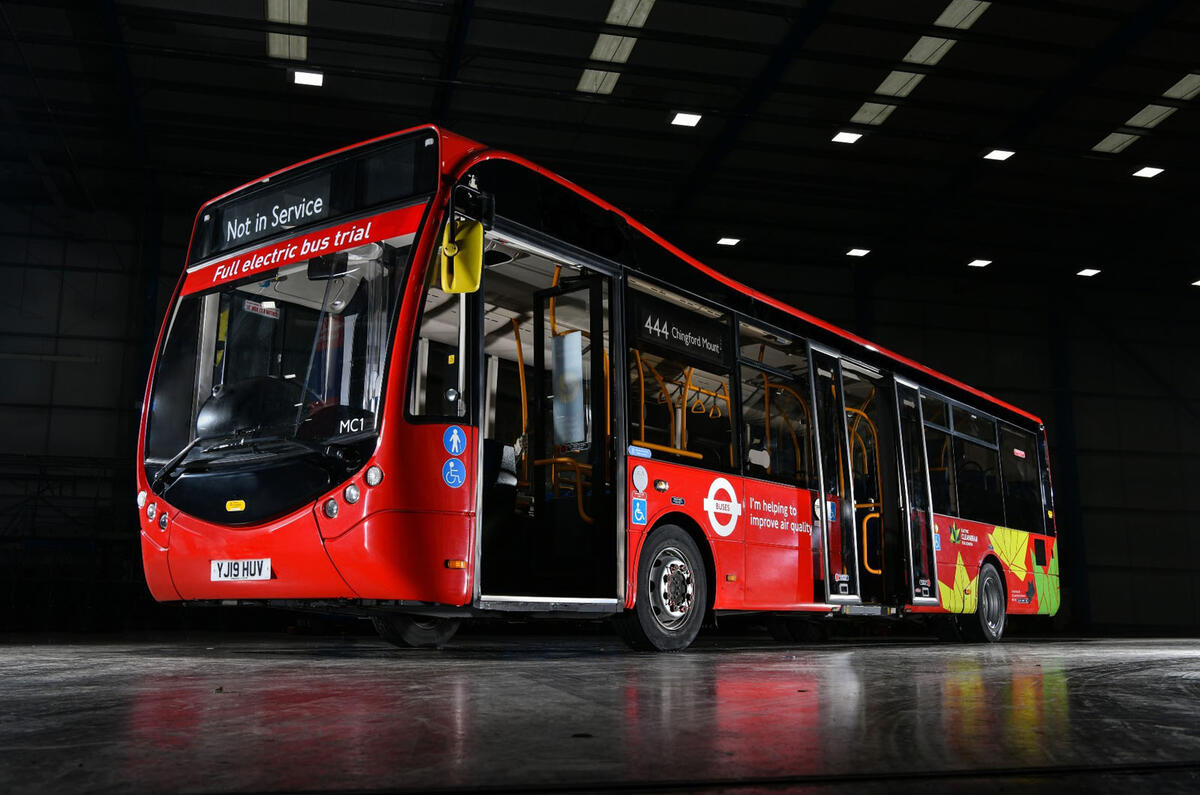
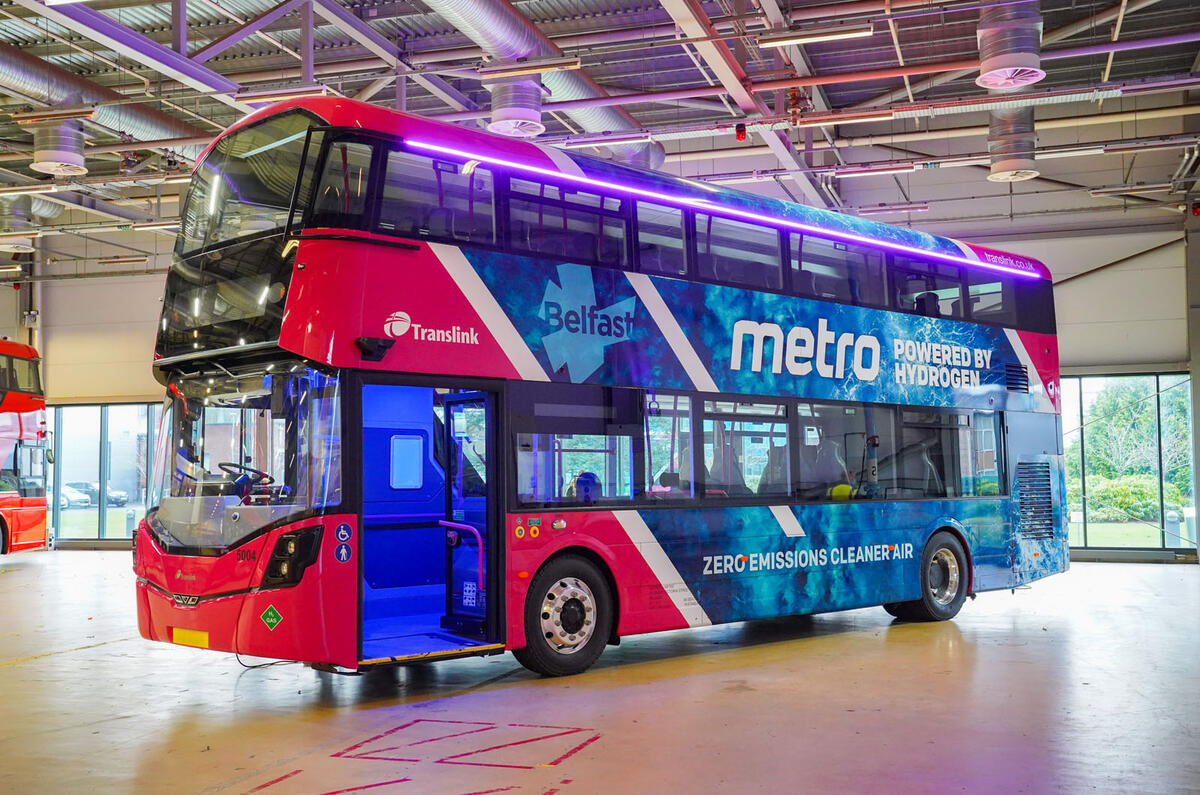
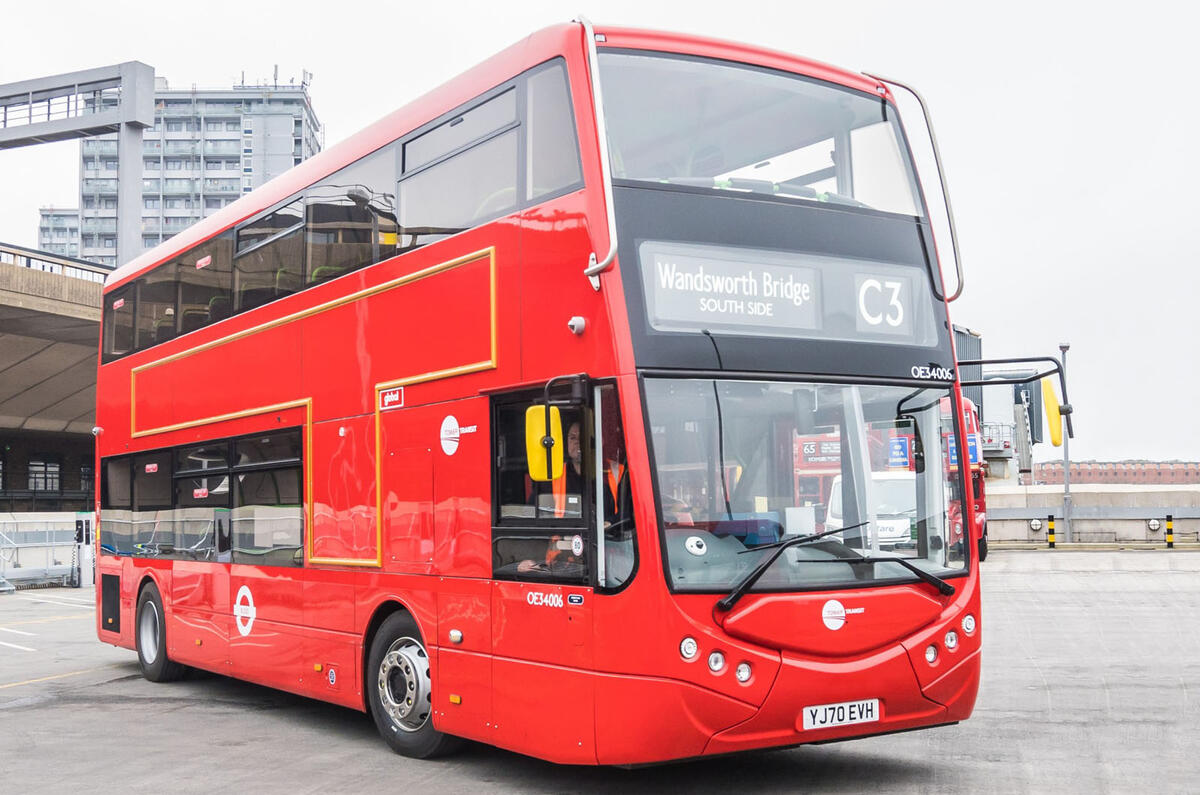
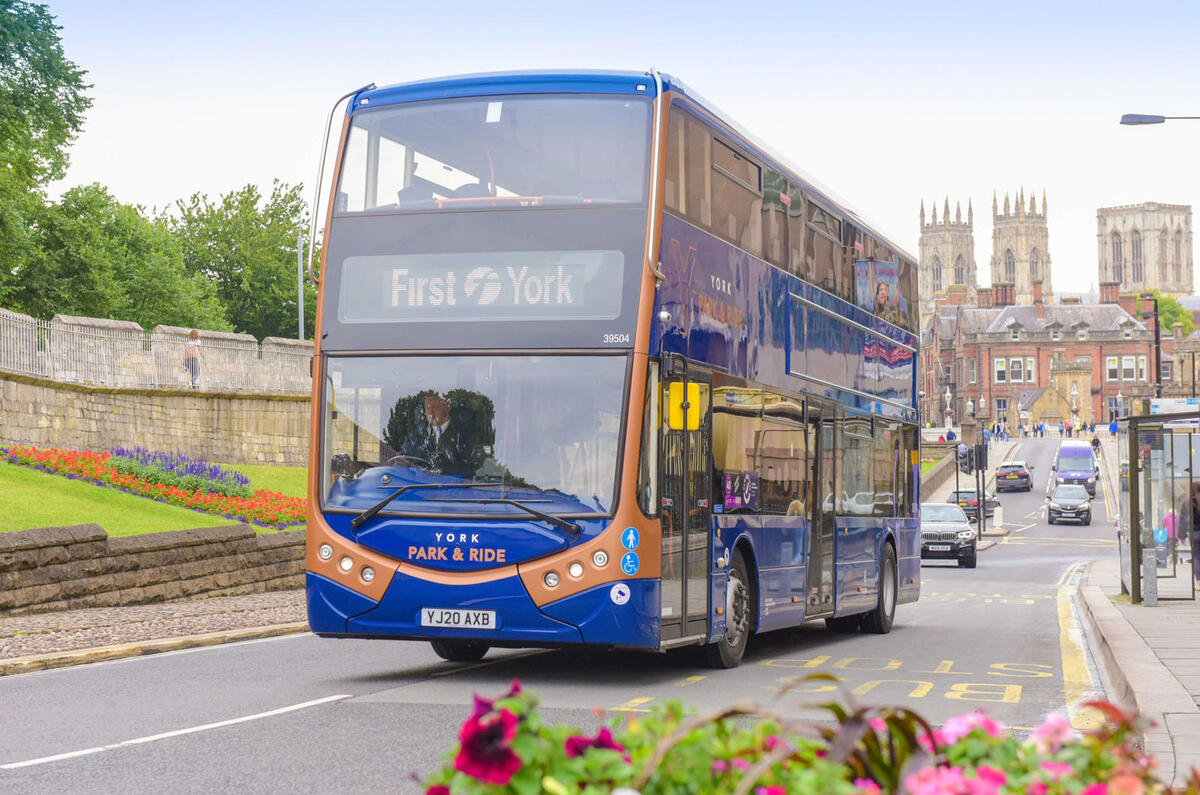
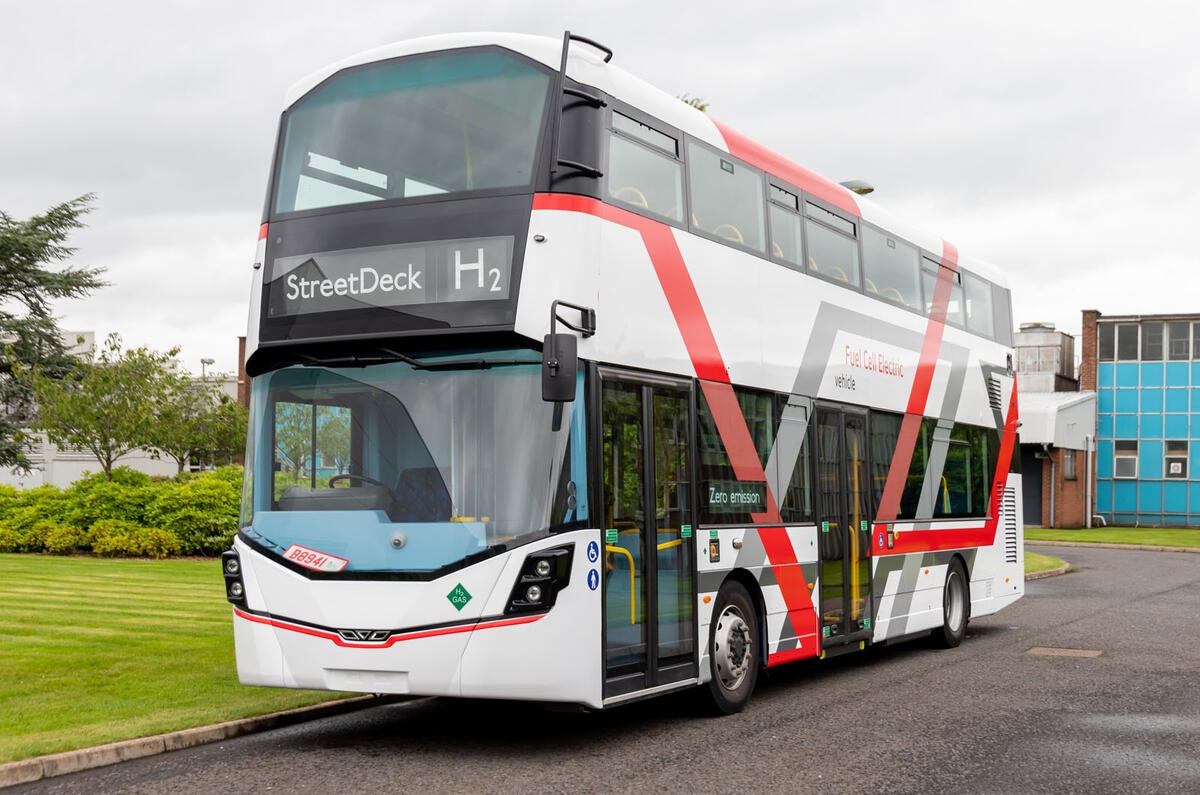
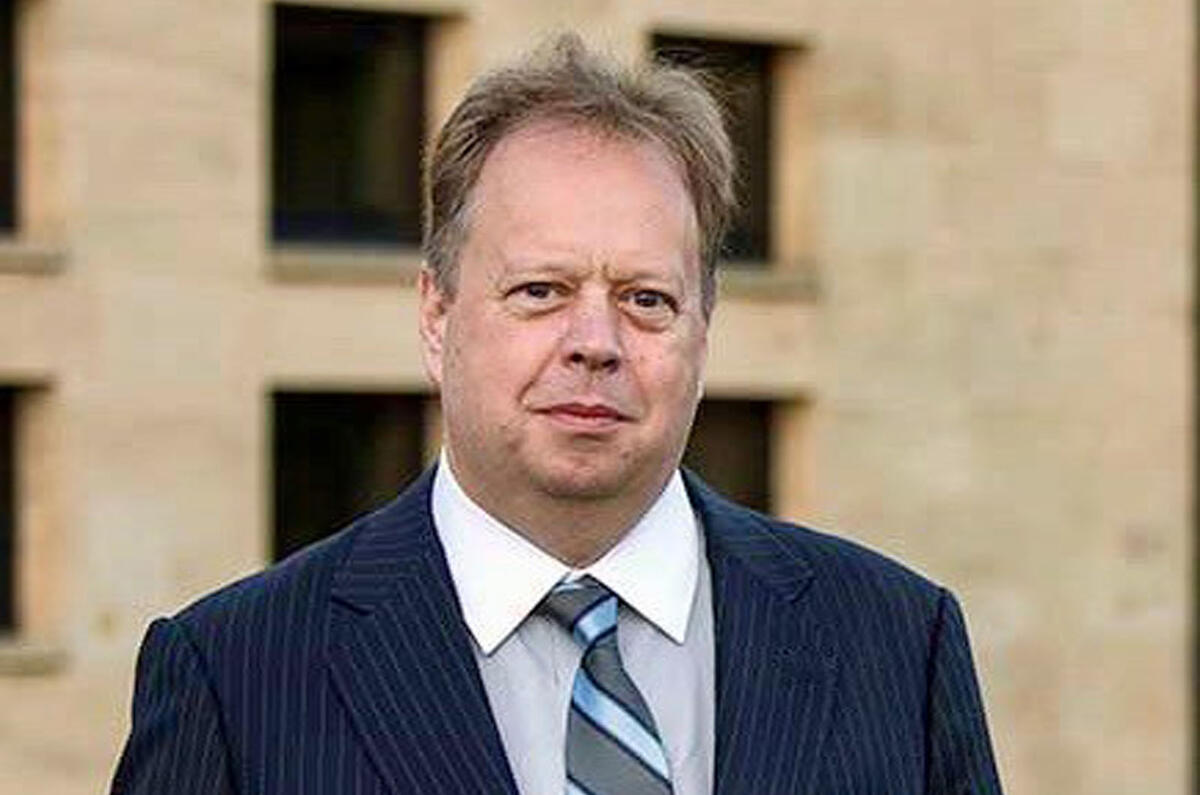
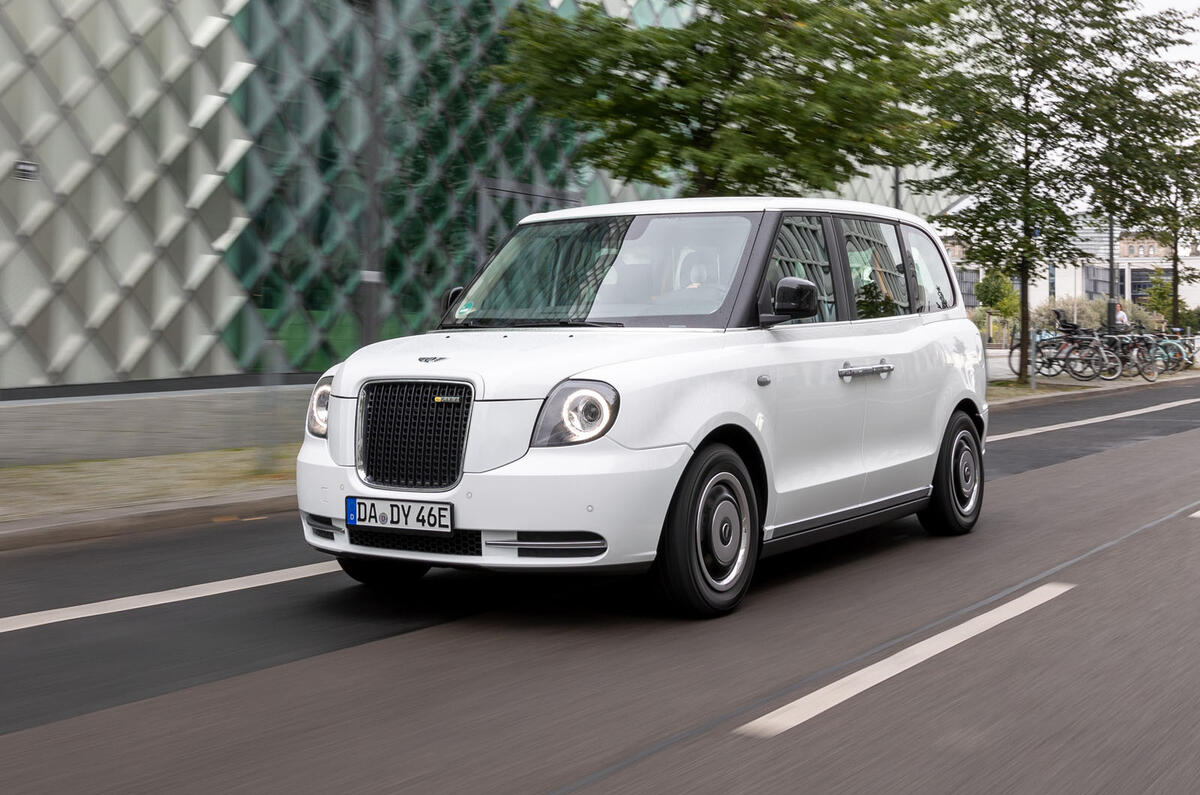
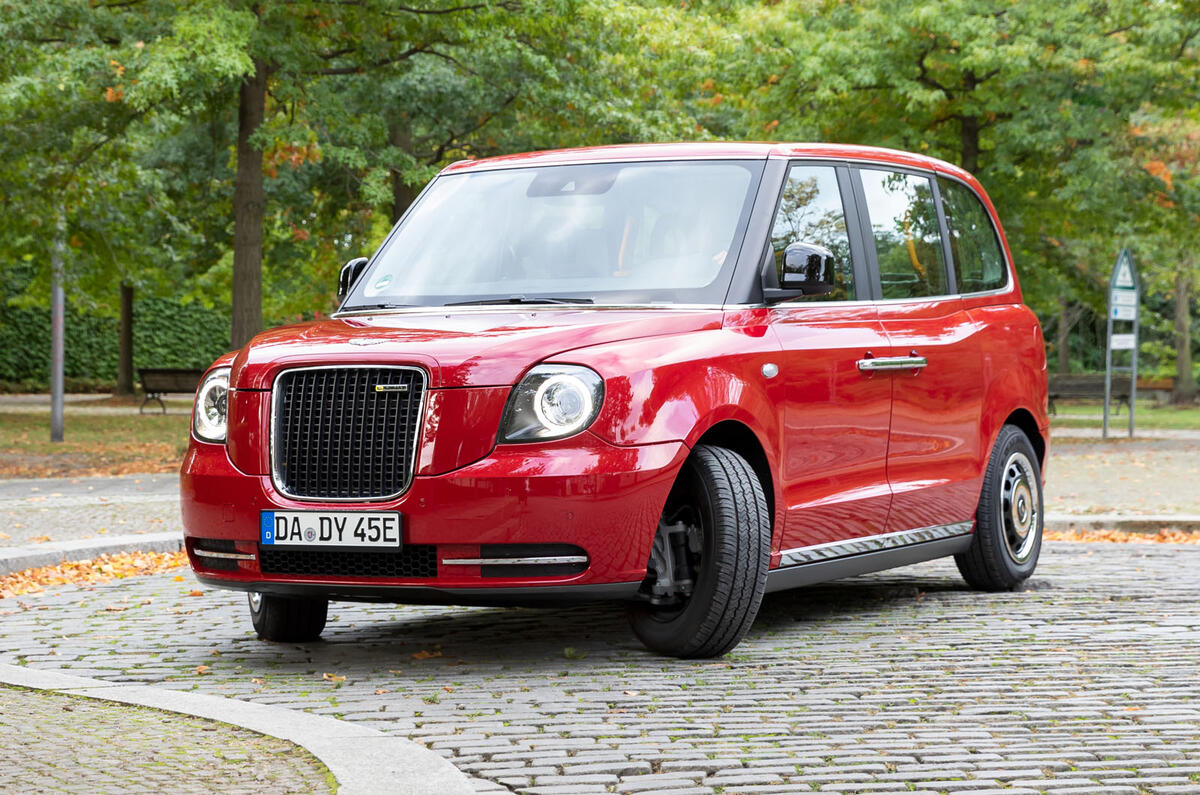
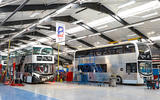
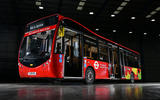
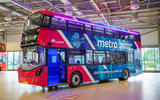
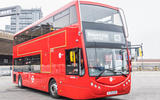
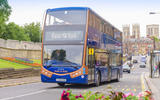
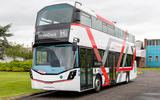

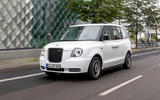
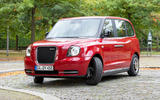

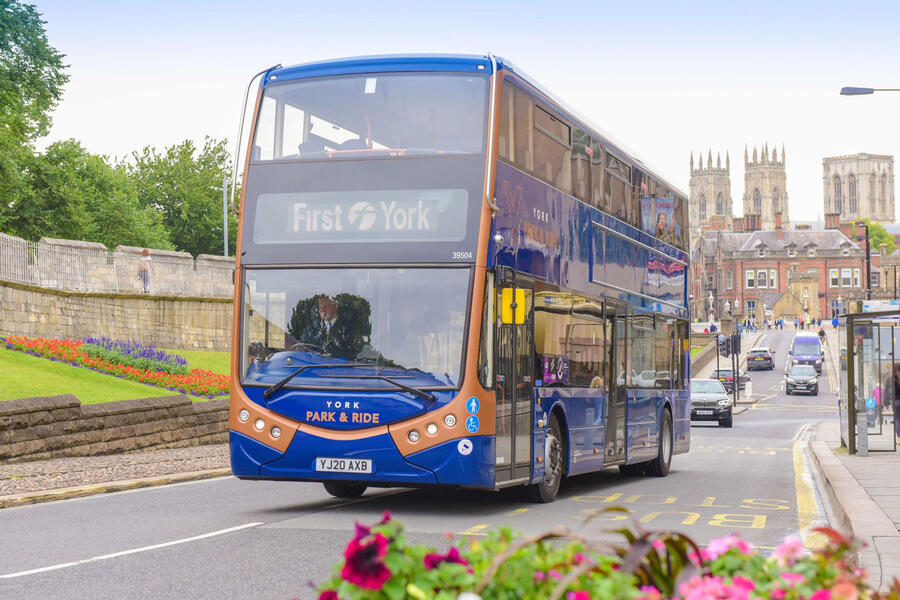
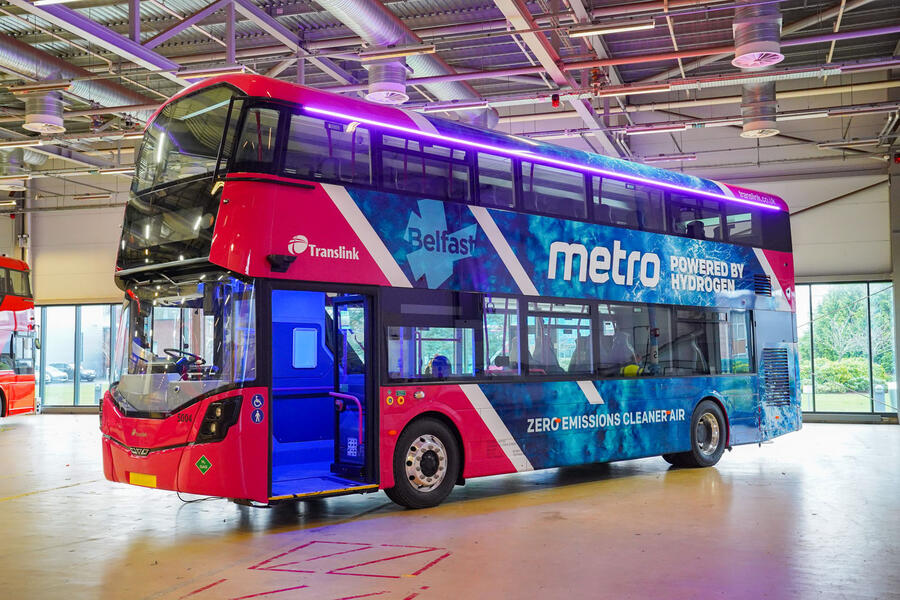


Join the debate
Add your comment
Hydrogen will never be viable without large, ongoing subsidy as it is just so much more expensive. Also, in terms of energy used, hydrogen consumes twice as much energy as BEVs, even if produced from renewables, due to the costs of producing, compressing and transporting it. Hydrogen only really makes sense where BEVs don't have enough range, and those instances are diminishing rapidly as BEV and charging technology improves.
Better all round to focus on BEV technology.
So true Paddy, but it is actually needs 4 to 5 times as much energy as a BEV to propel a fool cell vehicle.